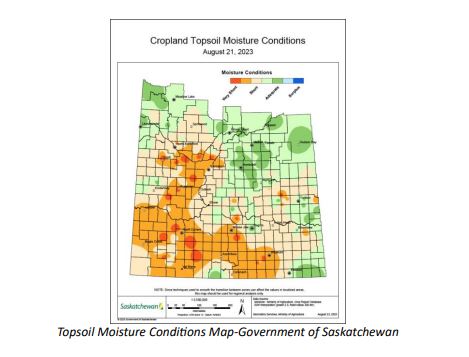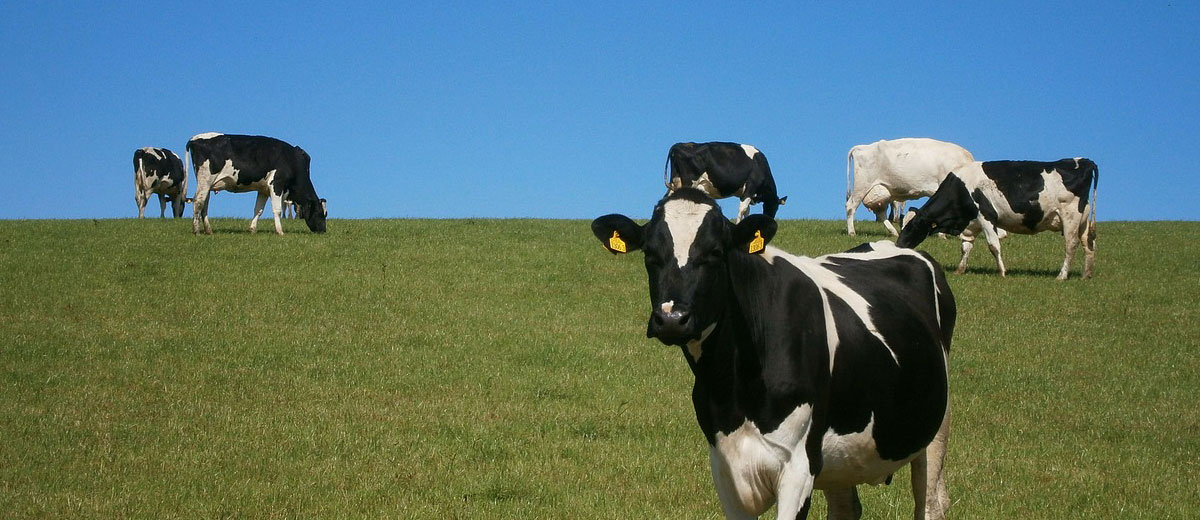
Drought Conditions Continue to Plague Producers in West Central Saskatchewan
Spring was off to a good start, and it looked like relief was in sight for Farmer’s in West Central
and Southwest Saskatchewan from the drought cycle that has been gripping these areas for the
past few years. In late spring and early summer, hope dried up like the moisture in these areas.
Spotty rainfall allowed for some crops to do okay but the vast majority saw very little in the way
of moisture.
The drought conditions lead to a large array of problems that producers face. Low-yielding crops
some of which are being stripped by grasshoppers, but also adequate feed and healthy
pastureland for those in the cattle industry. Pastures had little moisture or reprieve from the
heat this summer and the Government of Saskatchewan is reporting that 41% of pasture
conditions are poor, 31% are very poor and 15% of forage acres went uncut or baled this year
due to drought conditions.

This has prompted organizations Like the Saskatchewan Cattleman’s Association to host town
hall meetings to hear from producers on the challenges they are facing and what was needed to
help producers through the 3-7 years of drought conditions. The information gathered was
passed on to government officials to help formulate the relief plan of $70 Million announced on
Monday. This will offset some of the extraordinary cost’s producers are facing to feed their
herds.
Speaking with the Saskatchewan Cattleman’s Association they state, “Feed is available in the
province but not necessarily nearby.” Cattle producers need to bring feed in or ship cattle where
there is adequate pastureland to feed their herd. Soaring feed prices, rising cost of fuel and the
added cost of the Carbon Tax have made the cost of moving that freight exponentially high for
producers.
While the funding announcement will be of help to producers, it won’t fully cover the expenses
they are facing. It’s a little early to tell the full effects of the drought conditions on crop yield
and insurance claims of hail and grasshopper damage. The mental health toll of these
challenges is important to note. Grant McLellan CEO of Saskatchewan Cattleman’s Association
says producers are “watching their crops dry up in front of them. We need to make sure our
family. friends and neighbours are taking care of themselves,” he encourages producers to use
the resources available to them like the Farm Stress Line and the Canadian Mental Health
Association.

By Jenny Hagan








































